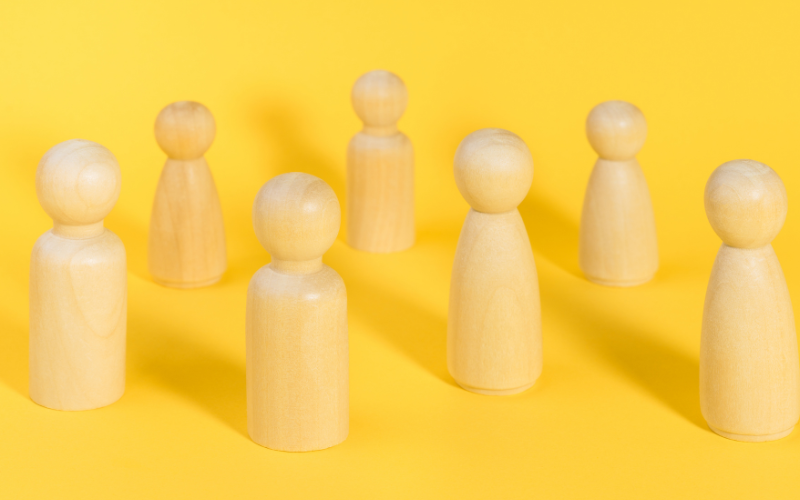Do you find yourself lying in bed at night, staring at the ceiling and counting sheep? Do you feel exhausted when you wake up in the morning despite getting into bed early? If so, you’re not alone. According to the National Sleep Foundation, more than 50 million Americans struggle with sleep issues. But don’t worry, there are things you can do to help improve the quality of your sleep. In this article, we’ll go over 7 expert tips for falling asleep to help you get a good night’s sleep and wake up feeling refreshed.
1.Stick to a Sleep Schedule
One of the most important tips for falling asleep is to stick to a sleep schedule. This means going to bed and waking up at the same time every day, even on the weekends. This helps regulate your body’s natural sleep-wake cycle and makes it easier for you to fall asleep and stay asleep. If you’re having trouble sticking to a sleep schedule, try setting an alarm for bedtime and waking up time.
2.Create a Bedtime Routine
Creating a bedtime routine can help signal to your body that it’s time to wind down and prepare for sleep. This can include activities such as taking a warm bath, reading a book, or meditating. The key is to find activities that you enjoy and that help you relax. Make sure to avoid screens (such as your phone, tablet, or TV) at least an hour before bed, as the blue light they emit can interfere with your sleep.
3.Make Your Bedroom Sleep-Friendly
The environment in which you sleep can greatly impact the quality of your sleep. To create a sleep-friendly environment, make sure your bedroom is cool, dark, and quiet. You may also want to consider investing in a comfortable mattress and pillows. Additionally, remove any distractions from your bedroom, such as electronics or bright lights.
4.Avoid Stimulants Before Bed
Stimulants, such as caffeine and nicotine, can interfere with your sleep and make it difficult for you to fall asleep. To get the best sleep possible, it’s best to avoid consuming these substances for at least six hours before bed. Additionally, it’s important to limit your alcohol consumption, as alcohol can disrupt your sleep and cause you to wake up frequently during the night.

5.Practice Relaxation Techniques
Relaxation techniques, such as deep breathing, progressive muscle relaxation, and visualization, can help you fall asleep faster and stay asleep longer. Experiment with different techniques to find what works best for you. You may also want to try aromatherapy, such as using essential oils or a diffuser, to help you relax and get into a sleepy state.
6.Get Out of Bed If You Can’t Sleep
If you’ve been lying in bed for 20-30 minutes and you’re still not asleep, it’s best to get out of bed and engage in a relaxing activity. Avoid screens and bright lights, as these can interfere with your sleep. Instead, try reading a book, meditating, or stretching. Once you start feeling tired, head back to bed and try to fall asleep. Staying in bed and stressing about not being able to sleep can make the problem worse.
FAQs:
What should I do if I can’t fall asleep despite following all of these tips for falling asleep?
If you’re still having trouble falling asleep despite trying these tips, you may want to speak to a doctor or sleep specialist. They can help determine if there is an underlying sleep disorder or medical condition that needs to be addressed.
Can napping during the day affect my sleep at night?
Yes, napping during the day can affect your sleep at night. It’s best to limit your naps to no more than 20-30 minutes, and avoid napping in the late afternoon or evening. Napping too close to bedtime can make it more difficult for you to fall asleep and stay asleep.

Conclusion:
Getting a good night’s sleep is essential for both your physical and mental health. By following these 7 expert tips for falling asleep, you can improve the quality of your sleep and wake up feeling refreshed and rejuvenated. Remember, what works for one person may not work for another, so be patient and persistent in finding what works best for you. Sweet dreams!




